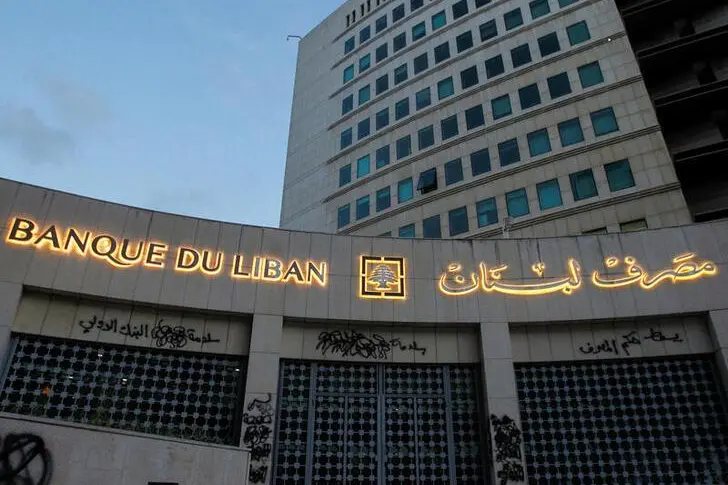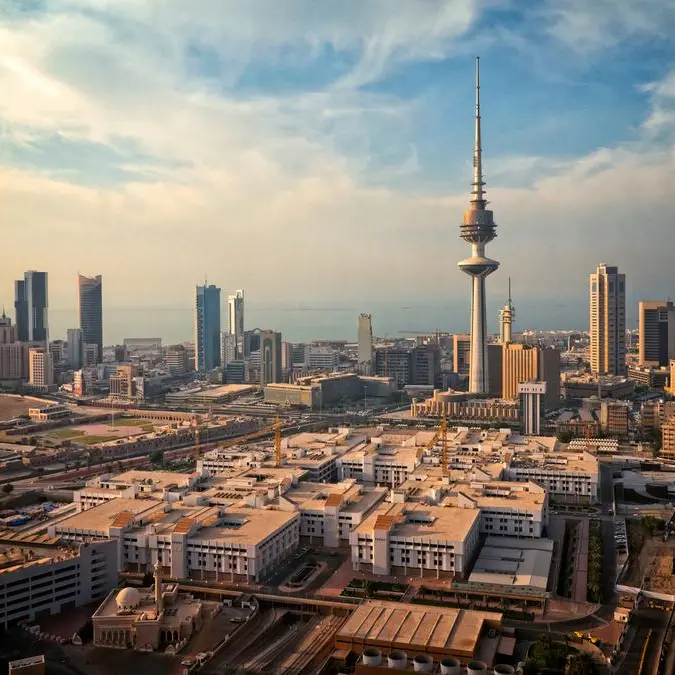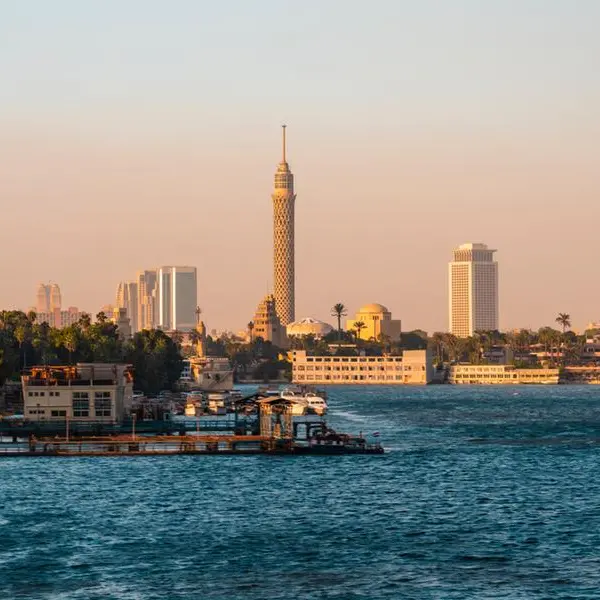PHOTO
BEIRUT - Restructuring consultancy Alvarez & Marsal has pulled out of a forensic audit of Lebanon's central bank because it did not receive information required to carry out the task, caretaker Finance Minister Ghazi Wazni told Reuters on Friday.
The decision is a blow to Lebanon as it attempts to extricate itself from a financial crisis, rooted in endemic waste and corruption, that has crashed its currency, paralysed banks and prompted a sovereign debt default.
The audit is a key demand of foreign donors and the International Monetary Fund, whose talks with the caretaker government stalled over inaction on long-demanded reforms and an internal dispute about the size of losses.
"The wall of corruption is very thick and very high ... Today they felled the forensic audit," tweeted caretaker Prime Minister Hassan Diab, who has criticised the central bank for citing bank secrecy to withhold data.
A presidential statement said Wazni informed President Michel Aoun of the consultancy's decision to quit over "uncertainty it would receive the information" sought, even with a three-month extension announced on Nov. 5 to secure the data.
Alvarez & Marsal did not respond to a Reuters request for comment and Lebanon's central bank declined comment.
An official source said calls were underway for a meeting with A&M to try to persuade it to continue with the contract.
The central bank has previously said it had provided its own accounts for the audit and that the government should submit full state accounts to "spare the central bank from violating legally binding bank secrecy laws".
A parliamentary bloc this month submitted a proposed law to temporarily lift the bank secrecy law solely for the audit. No date has been set for a session on the proposed law.
Prime Minister-designate Saad al-Hariri, named last month, has been trying to navigate sectarian politics to form a cabinet to bring in reforms needed to tackle Lebanon's worst crisis since its 1975-1990 civil war.
United Nations special coordinator for Lebanon Jan Kubis said in a Twitter post that a meeting of the International Support Group for Lebanon on Friday in Beirut discussed "with grave concerns" the country's deepening crisis.
He said the group, which includes the five permanent members of the U.N. Security Council, deplored lack of progress on a new government "but also the absence of a more determined action of existing state and financial institutions".
(Reporting by Samia Nakhoul and Ghaida Ghantous; Editing by David Goodman and Jan Harvey and Kirsten Donovan) ((ghaida.ghantous@thomsonreuters.com;))





















